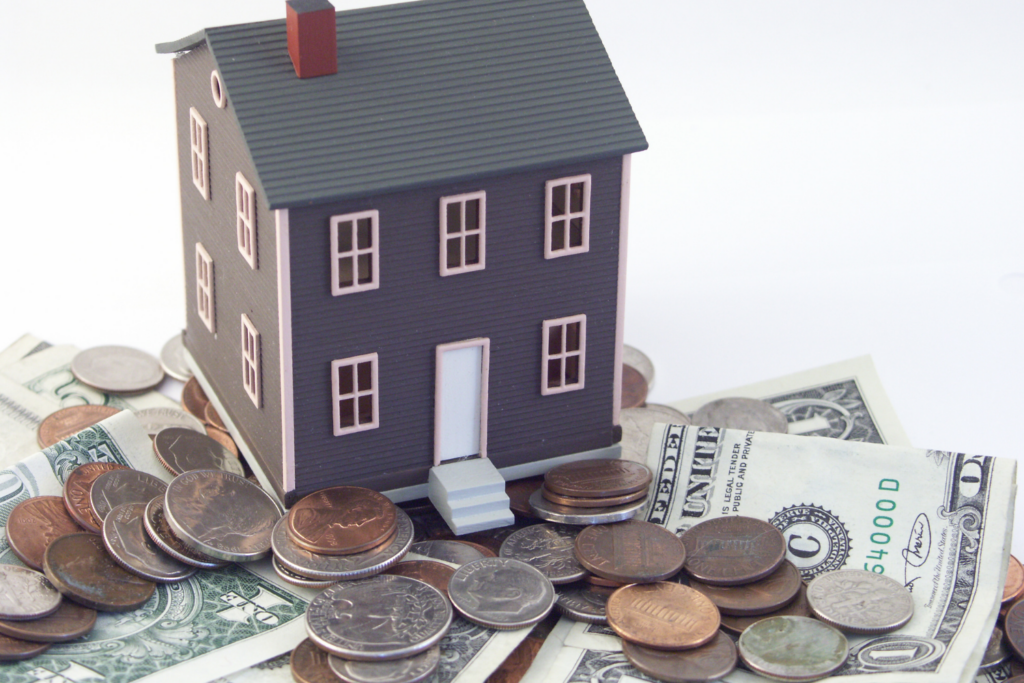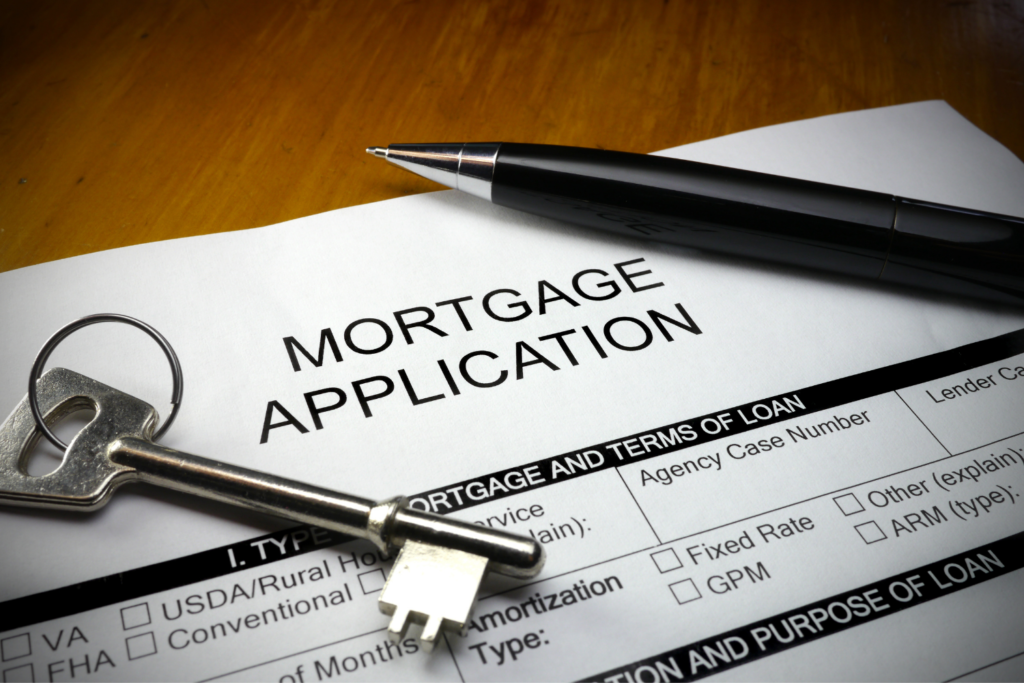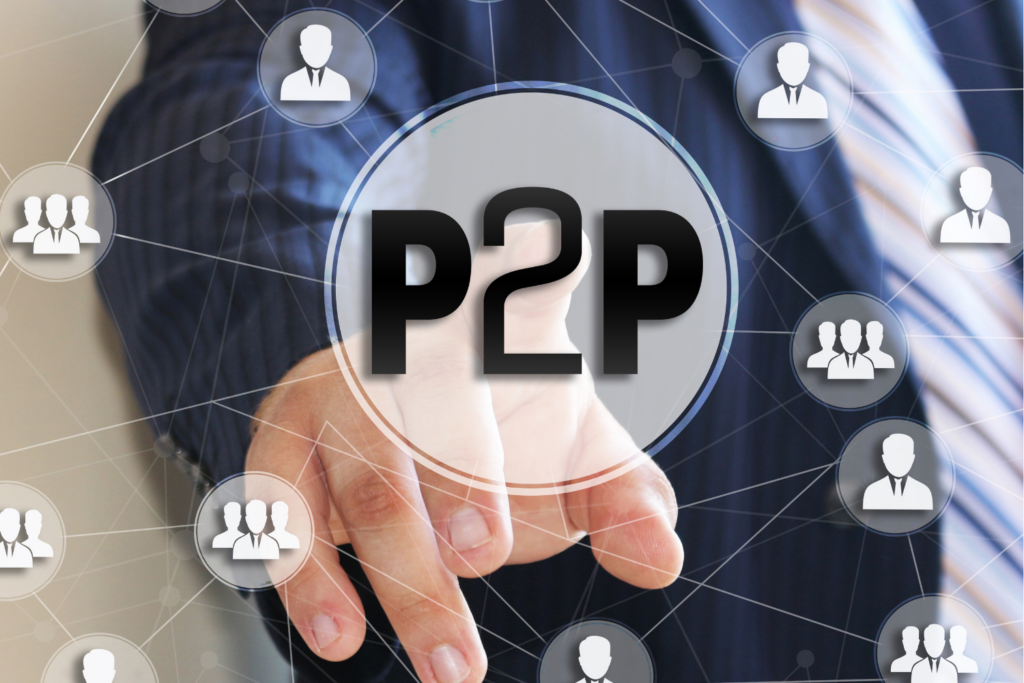
A HELOC, or home equity line of credit, can be a great way to borrow money with the equity in your house as collateral. You can use this money to pay for renovations, consolidate debt, or even take a dream vacation. However, there are some things you should know before you apply for one. In this blog post, we will discuss the pros and cons of using a HELOC and everything in between!
Contents
What is a HELOC?
A HELOC, or home equity line of credit, is a loan that uses your home’s equity as collateral.
How To Calculate Home Equity
To calculate your home equity, you will need to know the value of your home and the amount of any outstanding loans, mortgages, or liens.
Home Equity Loan Calculator
For example, if your home is worth $400,000, and you owe $285,000 on your mortgage, your home equity is $115,000. If the housing market significantly increases and the value of your home increases, your mortgage balance remains the same, but your home equity will increase.
Let’s say your house is now worth $600,000, and you still owe $285,000 on your mortgage, your home equity is now $315,000. This also works in reverse though, so if the housing market crashes and your home’s value decreases to $300,000, you only have $15,000 in home equity.
If you need help estimating the current value of your home, Zillow is a good resource. Simply input your address, and Zillow will give you their “Zestimate” value.
Home Equity Line Of Credit
Once you know how much equity you have in your home, you can apply for a HELOC. Most banks will require you to have a minimum amount of equity in your home before they will approve your loan. Talk to your bank about their requirements and make sure you understand all the terms and conditions of your loan before you sign anything.
Pros & Cons
Now that we’ve discussed the basics of a HELOC, let’s talk about the pros and cons.
Pros of a HELOC
- You can get access to cash quickly. If you have an emergency or need to make a large purchase, a HELOC can be a great option.
- The interest payments may be tax-deductible.
- You can use the money for whatever you want.
Cons of a HELOC
- It is a loan, so you could lose your home if you default on payments.
- The interest rates are often variable, which means they could go up and leave you with a higher monthly payment than you expected.
- Your home equity line of credit will be based on the value of your home, so if your home goes down in value, your HELOC will too. This could leave you owing more than what your home is worth.
HELOC FAQs
Here are some frequently asked questions about home equity lines of credit.
How does a HELOC work?
A HELOC works like a credit card. You are approved for a certain amount of money and can borrow against that amount as you need it. You only make payments on the money you actually borrow, and the interest rates are often lower than those of other types of loans.
Is there a downside to using a HELOC?
The biggest downside to using a HELOC is that it is a loan. This means that if you default on your payments, you could lose your home. Additionally, the interest rates on HELOCs are often variable, which means they could go up and leave you with a higher monthly payment than you expected.
What should I do if I’m thinking about applying for a HELOC?
If you are considering applying for a HELOC, make sure you understand all of the pros and cons before making a decision. Weigh your options carefully and talk to a financial advisor if you have any questions. They can help you determine if a HELOC is right for you!
Conclusion
If you are thinking about applying for a HELOC, make sure you understand all of the pros and cons before making a decision. Weigh your options carefully and talk to a financial advisor if you have any questions. They can help you determine if a HELOC is right for you!





